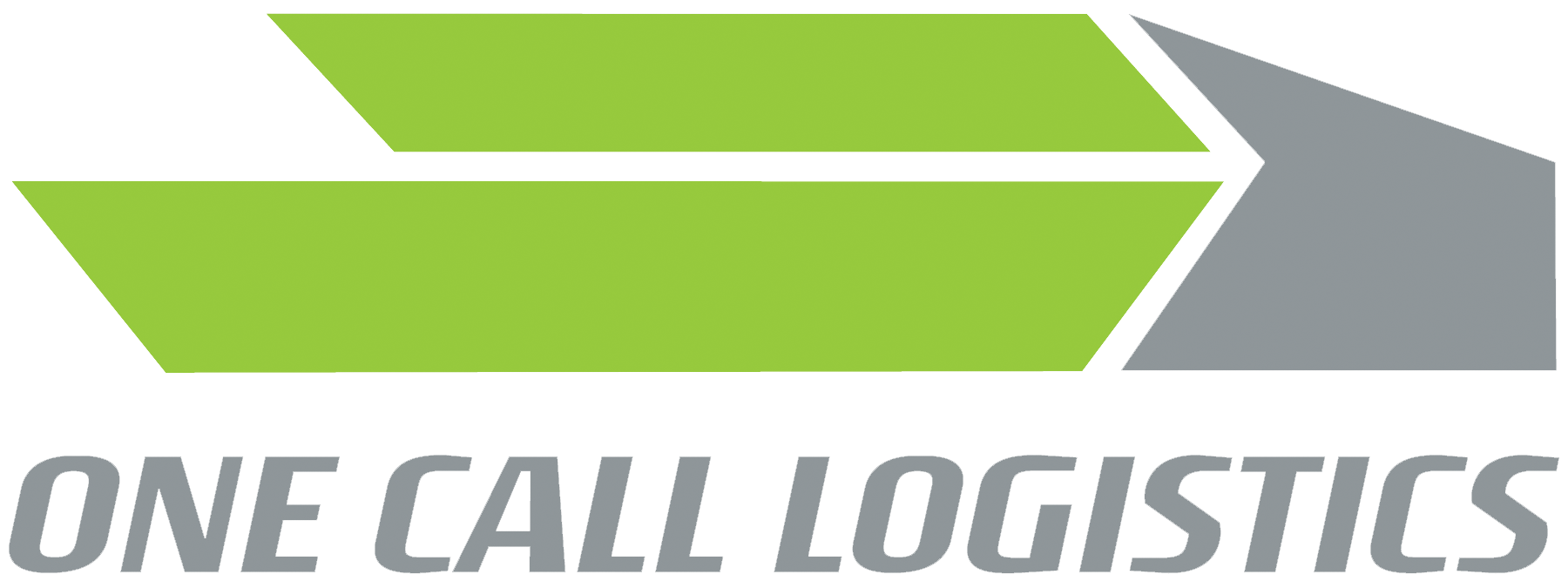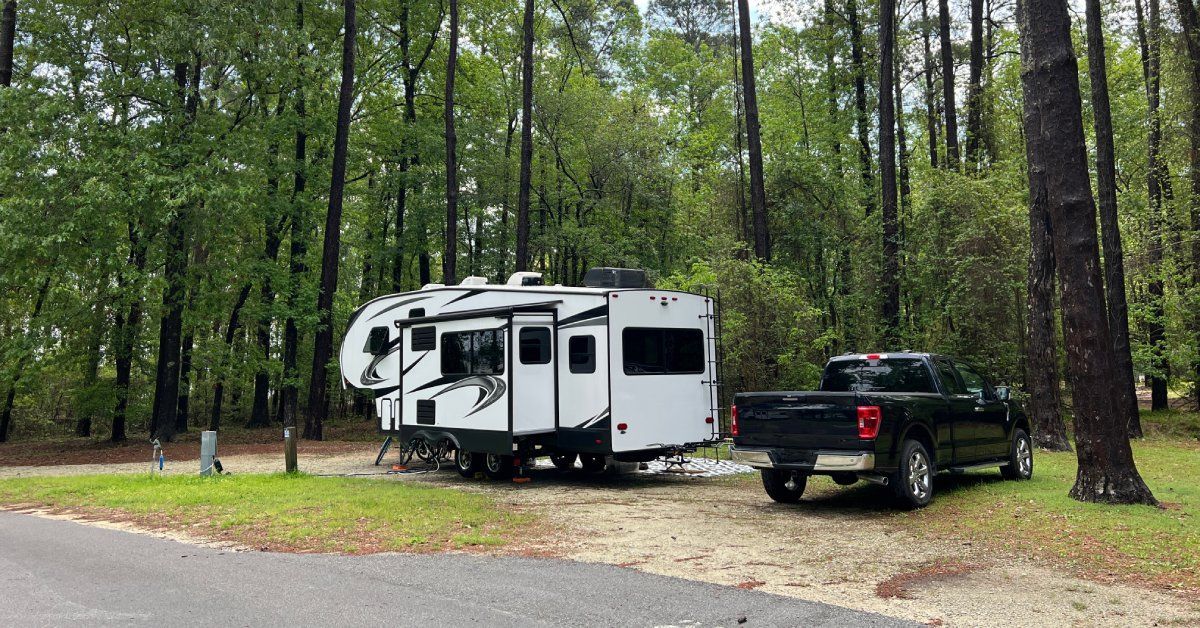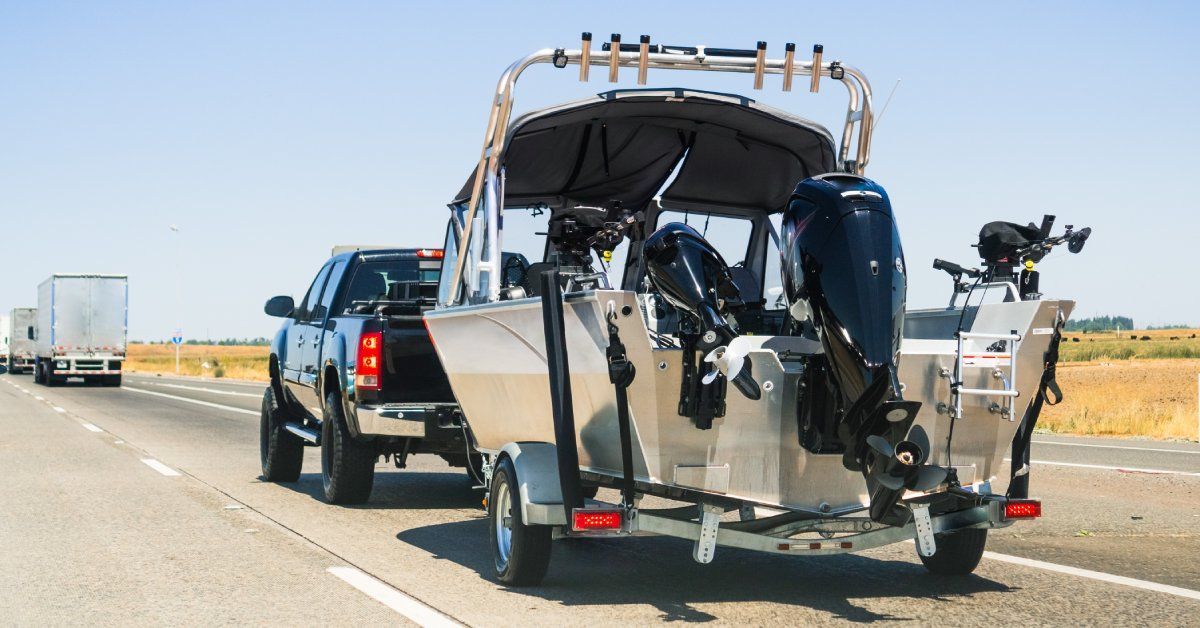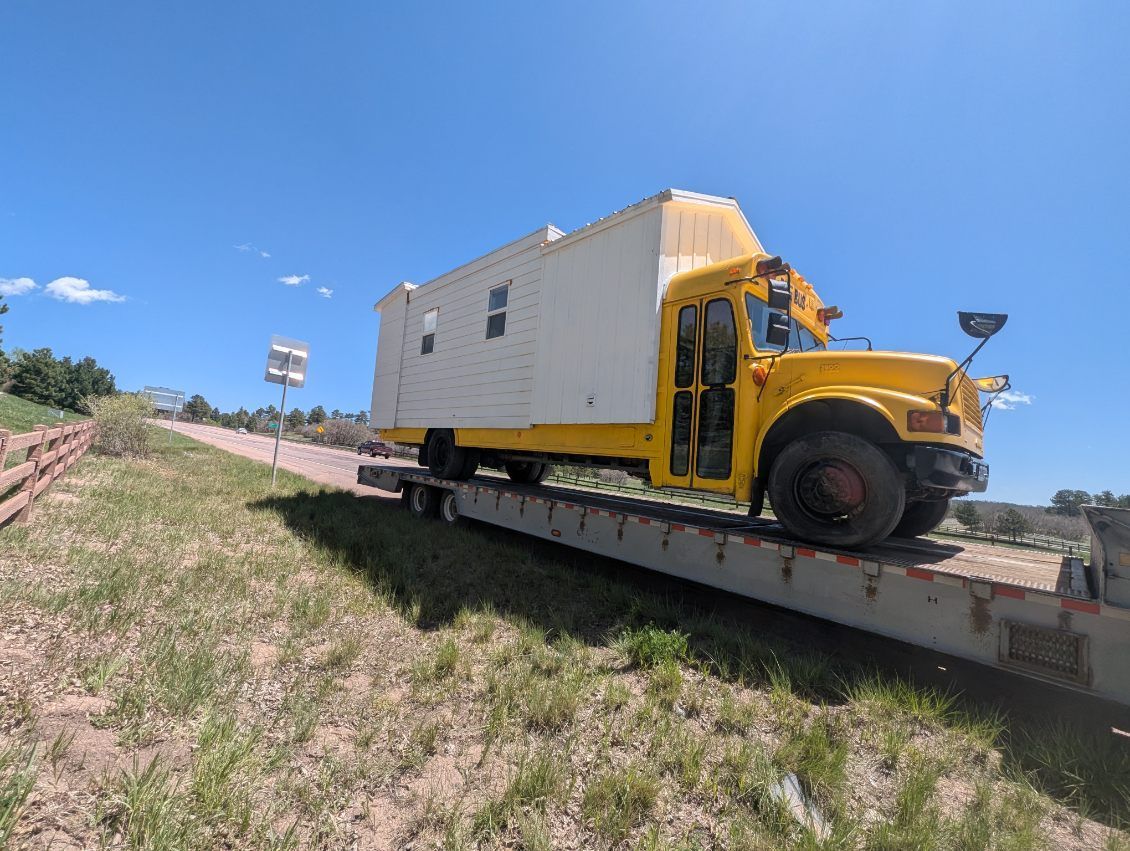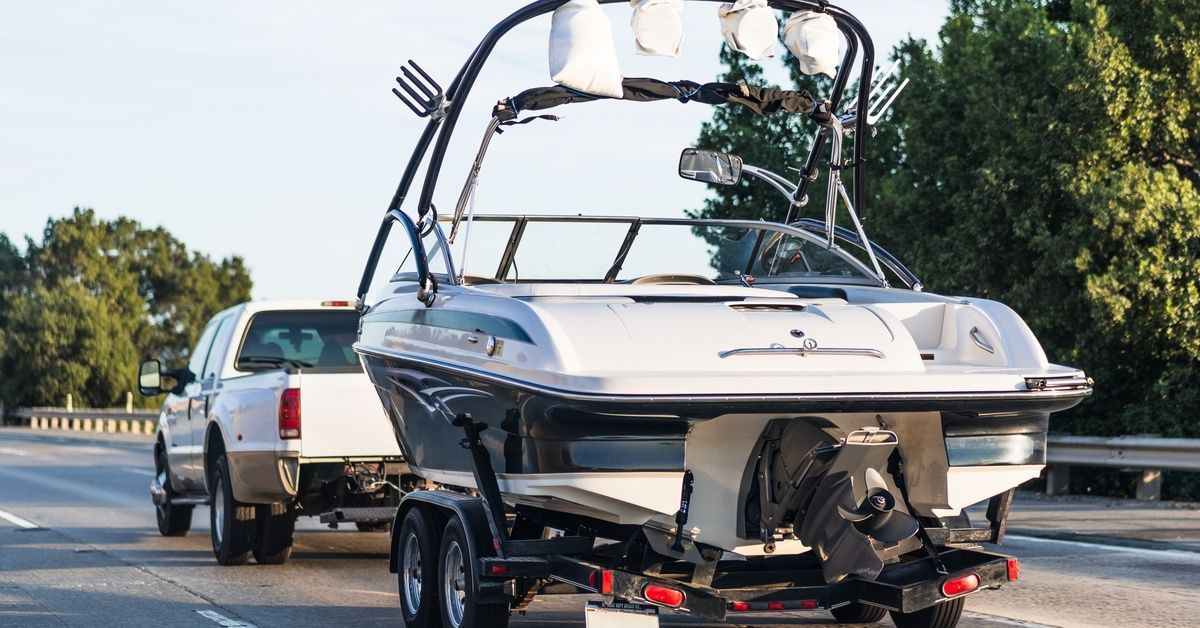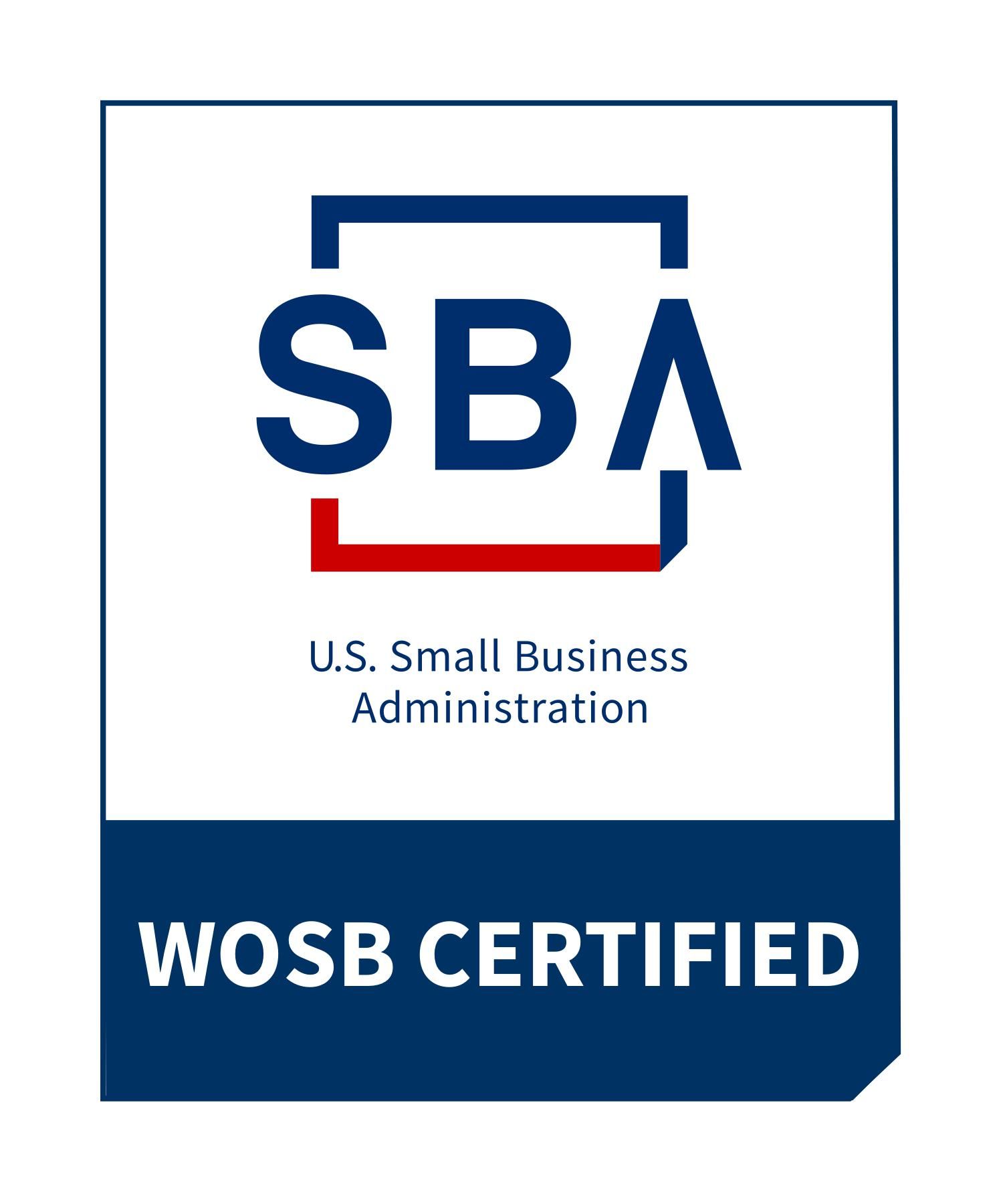Questions To Ask Before Transporting Your RV
- By Tony Mers
- •
- 20 Mar, 2023
- •
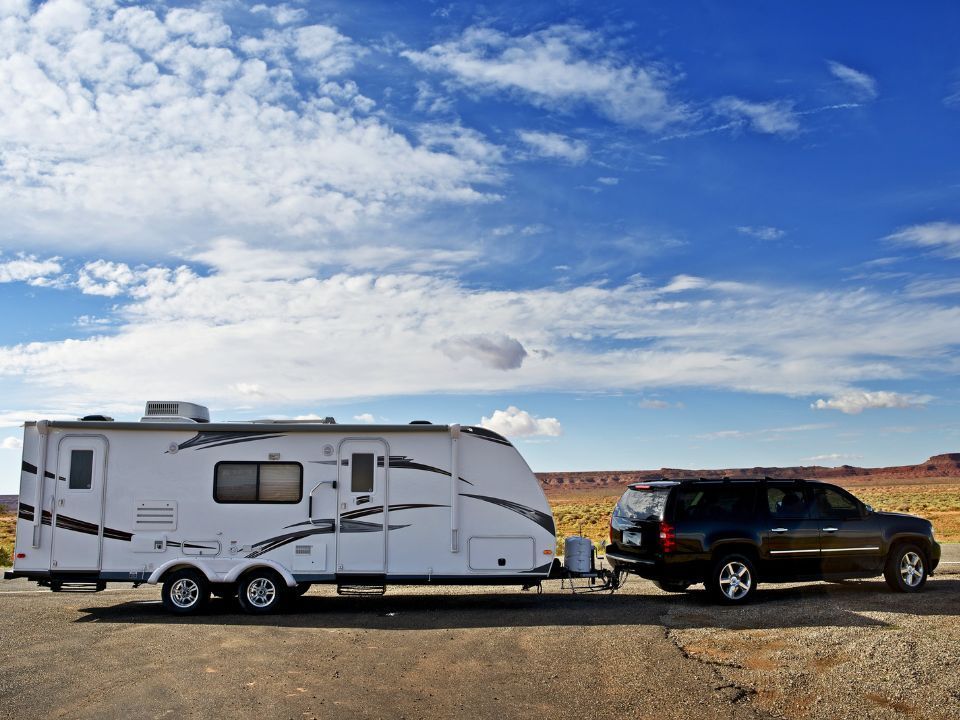
You should always establish ground rules when conducting business with another person or company. The first part is getting to know the business you’re partnering with.
This process will include dues, policies, and expectations. Make notes and document as much as possible for insurance purposes before making any agreements. Here are important questions to ask before transporting your RV if you want a moving company to do this for you.
How Much Are the Upfront and Total Costs?
Before making any quick decisions, know how much the dues will be for the services you’ll need to move your RV. Because this is no small task, it might cost a decent amount of money to make it happen.
The charges are commonly based on distance and shipment size. If the move is 100 miles or less, it is often a flat rate. They are roughly $1.95 per mile for moves 1,000 miles or more.
Are There Any Special Conditions To Be Aware Of?
Seasonality is one of the largest conditions that might come up during travel trailer transport. Transportation may cost more or less depending on the weather and season, making it easier or more difficult to move. The vehicle’s condition will also affect in how difficult or easy it is to move. Finally, gas prices will be the main consideration, as the prices are always in flux.
What Should I Do if My RV Is Damaged in Transit?
If your RV sustains any damages in the move, you must hold the carriers accountable. If you have made previous documentation of your vehicle (which we highly recommend) before the move, you can know what to claim with your insurance company. This is the best way of travel if you’re willing to undertake the job and hire help for the move.
You’ll need to prepare a list of questions to ask before transporting your RV if you wish to make a successful move. Do yourself a favor and follow these guidelines to get the most out of your move every time you use a transport service.

Hurricane Preparedness for RV Owners: A Guide to Staying Safe and Secure
When hurricane season rolls around, RV owners must be extra vigilant about preparing their vehicles for extreme weather. The combination of mobility and vulnerability makes RVs both a blessing and a curse during storms. While it’s tempting to stay in your RV, it’s important to take extra steps to ensure both your safety and the safety of your vehicle.
Whether you're a full-time RVer or just using your RV for weekend getaways, here's a comprehensive guide to help you prepare for hurricanes and stay safe during the storm.
